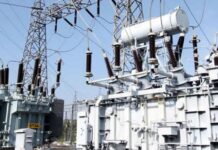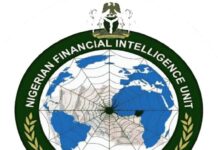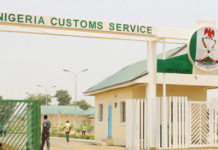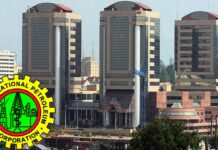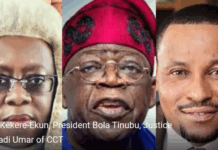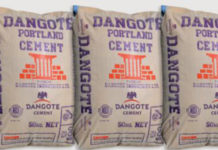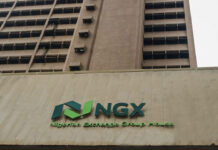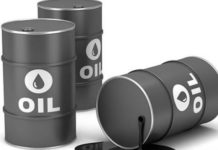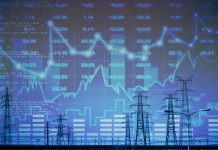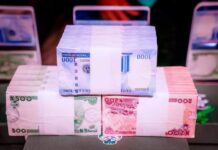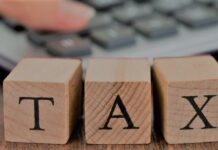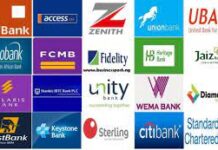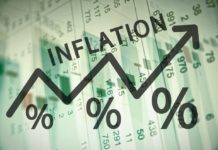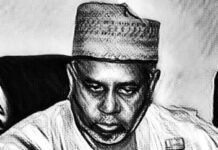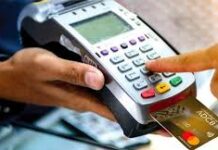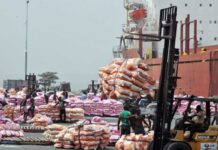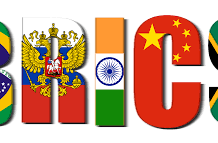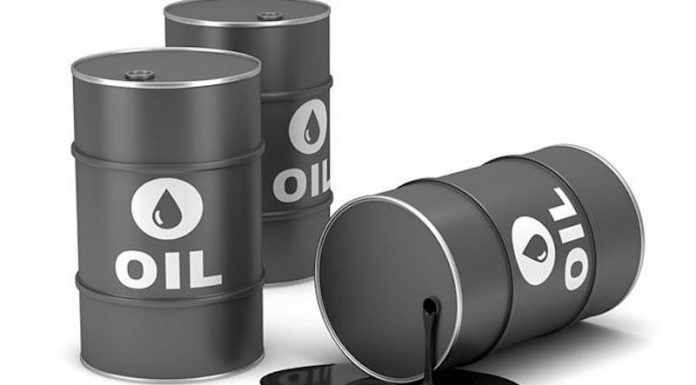
Nigeria’s Oil Curse and the Cost of Delay
By Umar Farouk Bala,
Amid global oil market turmoil triggered by U.S. President Donald Trump’s sweeping tariffs and the ensuing trade war, Nigeria once again finds itself grappling with a crisis that many saw coming.
Brent crude prices tumbled by over 20% in just one week, plunging from $74.95 on April 2 to $58.46 by April 9, before rebounding slightly to around $65 per barrel by April 15.
Still, this remains well below Nigeria’s 2025 “Budget of Restoration” benchmark of $75 per barrel, exposing the country’s fragile economic position.
Oil remains the backbone of Nigeria’s economy, accounting for 90% of export earnings and 56% of projected 2025 government revenue. Yet this heavy dependence on a volatile commodity has once again proven perilous.
The Federal Government is already grappling with a production shortfall of 21.6 million barrels in the early part of the year, alongside a staggering fiscal deficit of N13.08 trillion—equivalent to 23% of the national budget.
With N14.32 trillion allocated for debt servicing, the country has lost an estimated $1.62 billion in gross revenue this year alone.
The Central Bank of Nigeria (CBN) has been forced to sell nearly $198 million to stabilise the naira amid dwindling oil revenues. But the issue is more than fiscal—it is structural.
Nigeria’s stubborn oil dependency is not coincidental, but the consequence of years of negligence and ineptitude by a self-seeking political class. Successive administrations have paid lip service to economic diversification while doubling down on oil dependence.
The result is a rent-seeking, fragile economy—susceptible to global shocks and stifled by inefficiency, corruption, and underperformance.
The Excess Crude Account, established under President Olusegun Obasanjo to provide a fiscal buffer during oil price downturns, has been all but abandoned by less prudent economic managers in recent years. The consequences are now clear—and dire.
Read Also:
Diversification must move from rhetoric to reality. Agriculture, solid minerals, and digital services offer real alternatives for sustainable growth. Agriculture alone employs over 60% of the population and contributes 22% to GDP.
With investments in mechanisation, technology, and value chains, its potential can be significantly expanded. Nigeria is also endowed with vast mineral resources, yet their contribution to national revenue remains negligible.
Unlocking this sector could be a game-changer. The tech industry, powered by a youthful, innovative population, is already showing promise. Over the last decade, Lagos has emerged as a choice destination for Venture Capital funding, hosting some of the most innovative and profitable tech companies across Africa.
With strategic government initiatives and a supportive regulatory environment, information and technology could evolve into a major economic driver in the coming years.
Tax reform is equally critical. Nigeria’s tax-to-GDP ratio—just over 10%—is among the lowest in the world. A modern, digital-first tax system that brings the informal sector, property, and wealth into the net can broaden the revenue base without unfairly burdening the poor.
Most urgently, the government must address its pattern of excessive spending. The N13.64 trillion allocated to recurrent expenditure is symptomatic of deep-rooted inefficiencies. Nigeria’s federal bureaucracy is bloated, duplicative, and ill-suited for a modern economy.
Moreover, the country’s growing addiction to debt is unsustainable. With debt servicing swallowing over 25% of the budget, Nigeria risks plunging deeper into a fiscal quagmire.
There are models to learn from. Oil-rich Gulf nations, particularly Qatar, the United Arab Emirates (UAE), and Saudi Arabia, are actively transitioning to multidimensional economies by investing in tourism, finance, technology, and real estate to secure long-term prosperity. Nigeria must chart a similar path.
It is time oil prices stopped dictating Nigeria’s future. The nation’s destiny should be steered by the creativity of its people, the abundance of its resources, and the wisdom of its leadership.
Umar Farouk Bala is a serving corps member at PRNigeria Centre, Abuja. He can be reached at: [email protected]

